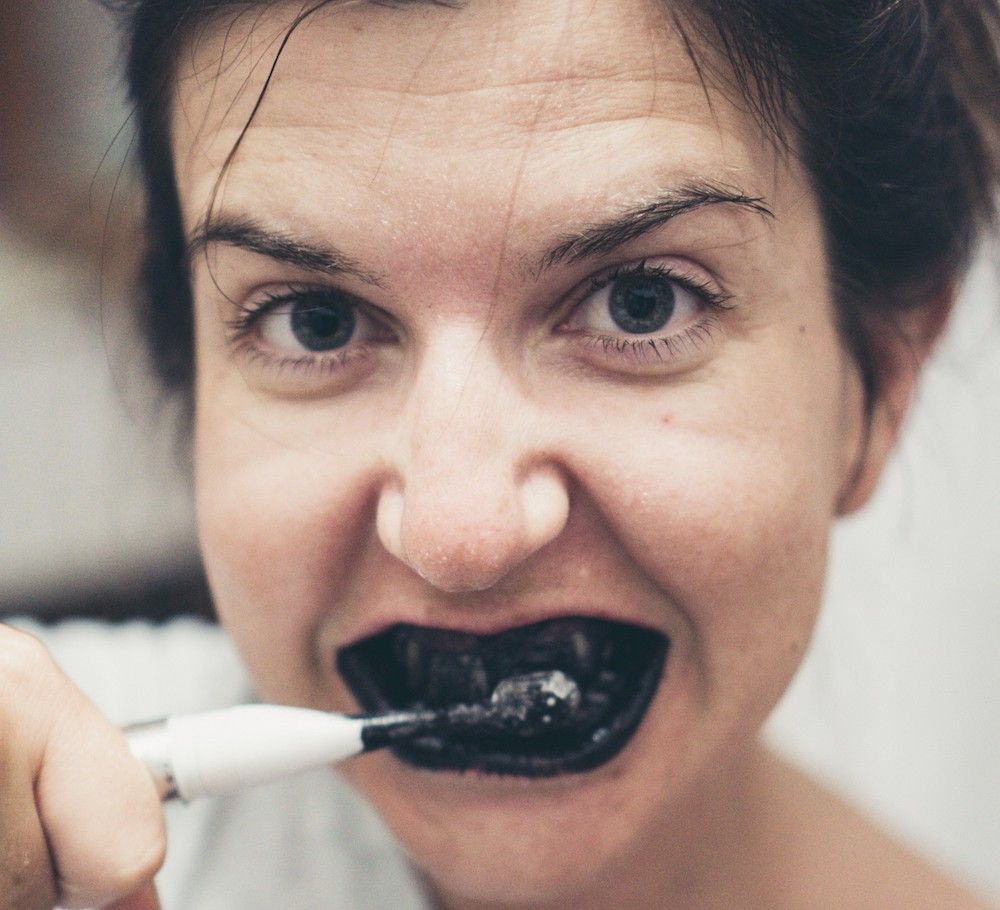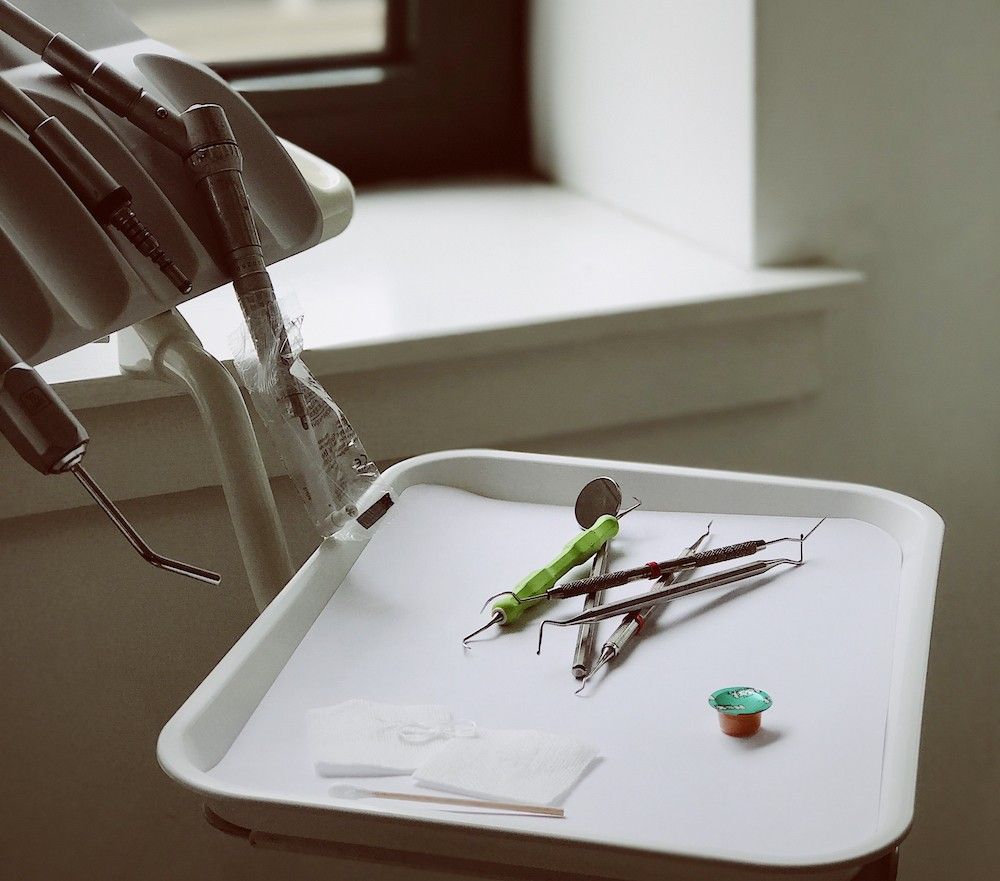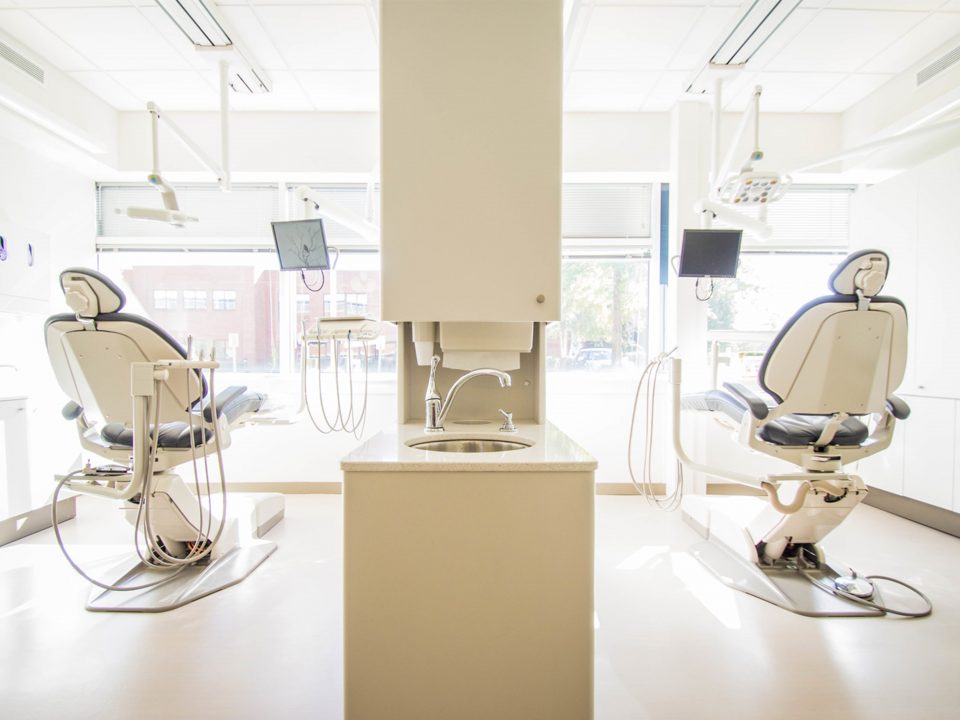
Why is My Tooth Sensitive to Hot and Cold?
June 5, 2019
What are the Pros and Cons of Charcoal Toothpaste?
June 26, 2019If you recently learned that you need a wisdom tooth extraction, you may feel anxious or uneasy. This is normal for any dental or medical procedure. We find that our patients usually feel more reassured once they learn what to expect and how to prepare for wisdom tooth extraction.
Wisdom teeth are the last permanent teeth to appear, usually coming in during the late teen to early adult years. Not everyone gets wisdom teeth, but those who do often have them extracted for a variety of reasons. Your dentist may suggest an extraction if:
- Your wisdom teeth come in at a weird angle
- Your mouth is not large enough and there is no room for them
- If they are impacted or don’t fully erupt
- If they cause infection to the gums or damage to the other teeth
- If they are prone to excessive decay especially if the patient has a hard time cleaning them and flossing.
- There is a range of other reasons why your dentist might recommend extraction, be sure to discuss the reason so you can make an informed choice.
How To Prepare For Wisdom Tooth Extraction
Questions to Ask
Informed consent is one of the first steps towards preparing for any procedure. Take the opportunity to ask your dentist or oral surgeon any questions you may have. Many patients find it helpful if they write down their questions, so they remember to ask them during an appointment.
Here are some ideas to get you started:
- Why do you recommend a wisdom tooth extraction?
- How many teeth need to be extracted?
- What kind of anesthesia will you use?
- What are the risks associated with the procedure?
- What paperwork do I need to complete in advance?
- What damage (if any) have my wisdom teeth caused my other teeth?
- How long will the procedure last?
- Will there be any follow-up care?
- How long does it usually take to recover?
- Do you have any advice on how to ensure a smooth recovery?
- How will I manage pain after the procedure? Will you prescribe a pain reliever?
- When should I resume brushing and flossing? Do you have any special instructions?
- Tell your dentist about all prescription and over the counter medications you take, find out whether it is okay to continue. You may need to stop taking some medications in the days leading up to your extraction.
What To Expect From A Wisdom Tooth Extraction
According to WebMD, a wisdom tooth extraction usually takes around 45 minutes. Depending on the situation, the dentist may administer a local or general anesthetic so you don’t feel pain. A wisdom tooth extraction is an outpatient procedure so you will recover at home.
Depending on the anesthetic you may be too drowsy to drive home. Try to arrange for a friend or family member to drive you home. You may experience swelling during the first few days after the extraction.
Here are a few tips to help you recover during the first few days after your extraction:
- Apply an ice pack to the face to treat swelling.
- If your jaw feels sore, moist heat may help.
- Gently open and close your jaw to exercise it and keep it supple.
- Stick with soft, mild foods like soup, pasta, smoothies, or rice.
- Stay hydrated by drinking fluids.
- Be very gentle when you brush your teeth. Be sure to follow your dentist’s advice. Avoid brushing blood clots that may form after your extraction.
- Take prescribed medication to reduce pain and swelling.
- Contact your doctor if you have a fever, infection, or unexpected or severe symptoms.
There are also a few things to avoid during your recovery:
- Avoid using a straw since the suction may loosen blood clots. Those blood clots help you heal.
- Avoid hard, sharp, sticky or crunchy foods
- Do not brush or rinse aggressively, follow your dentist’s instructions on how to care for your mouth in the days following the extraction.
- Don’t smoke.
Be Aware of the Risks
Wisdom tooth extractions are a common procedure and many patients experience no serious complications. However, no procedure is without risk. Some possible short or long term complications include:
- Dry socket – after surgery a blood clot will form and it aids healing. Sometimes that clot comes loose and the patient experiences dry socket.
- Infection caused by trapped food, poor hygiene, or bacteria.
- Damage to nerves, sinuses, the jawbone, or other teeth.
Call your dental practice about any of these complications.
Calming Your Nerves
It is normal to feel uneasy or anxious about a procedure. Be aware for most people, a successful extraction saves them from future pain and infection. Once you understand what to expect, you may feel a little less nervous.
If not, talk about your feelings with your dentist. You may also want to talk about it with a partner, family member, a close friend, or therapist. Everyone processes their feelings in different ways.
In the days or weeks leading up to your extraction, take time to relax and clear your mind. Some people find yoga helps, others prefer a hike in nature, still others like a hot bath while reading a good book. As long as it doesn’t cause additional pain, seek out activities that help you relax. The relaxation may help soothe your nerves in preparation for the procedure. As much as possible reduce other sources of stress so you can focus on recovery.
Preparing Your Home For Recovery
You may need to take it easy for 3-4 days. This may be a good time to make sure your Netflix queue is filled with films or programs you want to watch. Prepare a comfortable and cozy area where you can relax. For example, some patients like to place cushions and a blanket on their sofa. If the space feels inviting, it may help you relax and recover.
Since you will need to eat soft foods, stock up on some of your favorites. Pasta, cottage cheese, smoothies, and soups are all good options. Also, make sure you have water and other fluids on hand to help you stay hydrated.
Since you may experience swelling, have ice packs ready to apply.
We hope this post helped you on how to prepare for wisdom tooth extraction. If you are reading this because you are experiencing pain, be sure to contact your dentist about your concerns. If you are a North Carolina resident seeking dental care, feel free to call Southview Dentistry for an appointment.




